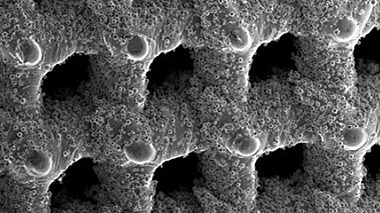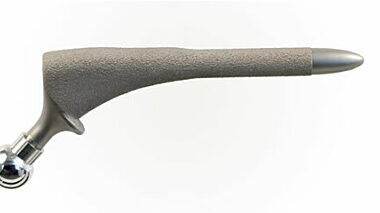Metallurgical Evaluation, Testing & Analysis
In an ever-evolving landscape where the demand for stronger, lighter, and more resilient manufactured goods is paramount, the scrutiny placed upon alloys has never been greater. Whether you require root cause failure analysis, or you seek to optimise your product for superior performance in harsh environments, our experienced metallurgists are ready solve your issues and help you gain market success.
Through expert investigative skills, a thorough knowledge of materials and processes, and decades of industry experience, our metallurgical engineers are able provide critical insight into your materials challenges.

Our team boasts a comprehensive proficiency in an array of processes including casting, welding, brazing, thermal spray, and heat treatment. Moreover, we possess specialised expertise in handling superalloys, electrical conductors, and composites, ensuring that no matter the complexity of your materials, we have the know-how to address your needs.
Our suite of metallurgical evaluations encompasses a wide spectrum of analyses, including:
- Braze analysis
- Case depth determination
- Casting evaluations
- Coating characterisation
- Corrosion susceptibility testing
- Failure analysis
- Fractography
- Grain size and distribution assessments
- High-quality photo documentation (micro / macro)
- Image analysis
- Inclusion content
- Macro etching
- Metallographic evaluation
- Micro-indentation hardness testing
- Operator qualifications (weld / braze)
- Phase segregation and identification
- Porosity measurements
- Weld evaluations
Each evaluation is meticulously conducted with the aid of cutting-edge techniques such as high-quality photo documentation, image analysis, macro etching, and metallographic evaluation.
To expedite the testing and analysis process, we maintain an in-house machine shop where specimens are expertly extracted and prepared, reducing turnaround times and enhancing specimen traceability.
Our skilled metallurgists utilise techniques ranging from optical microscopy and SEM-EDS (Scanning Electron Microscope-Energy Dispersive Spectroscopy) analysis to our state-of-the-art electron microprobe and advanced surface analysis techniques, to obtain qualitative and quantitative information about the characteristics of a material or a failure.


